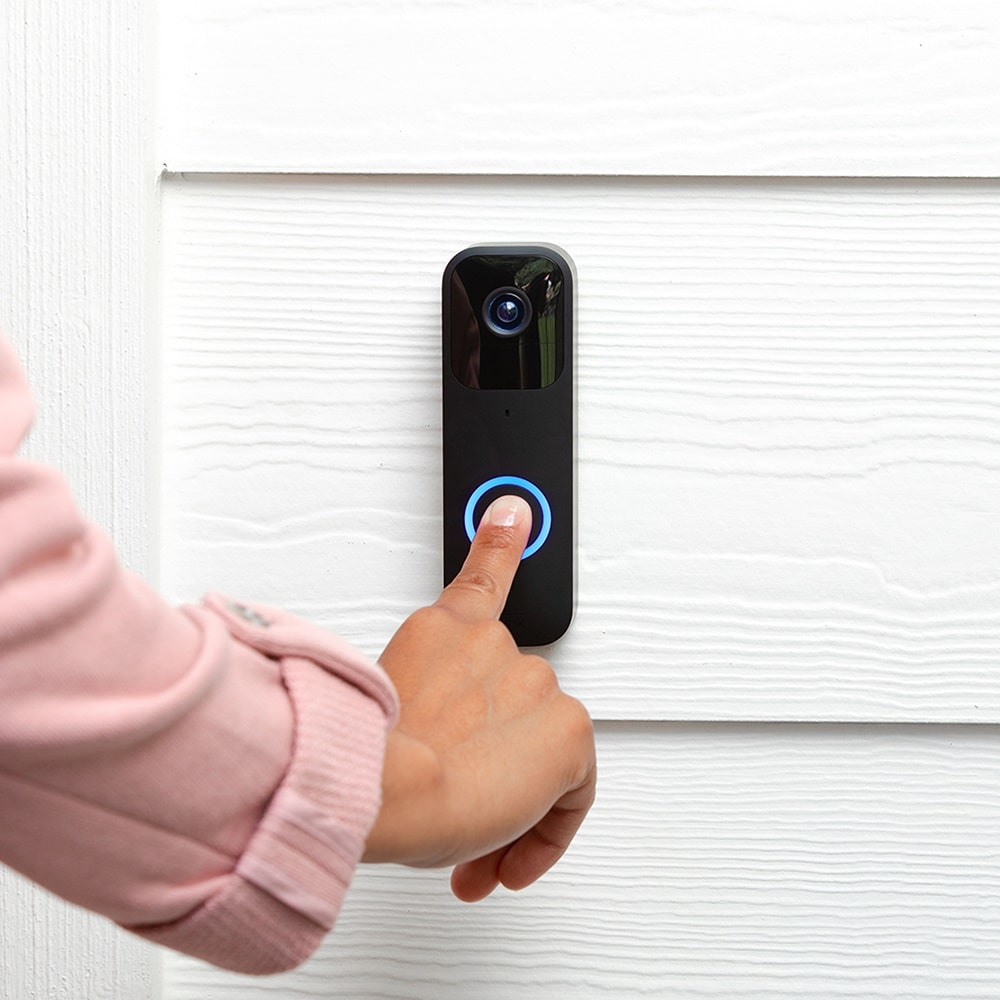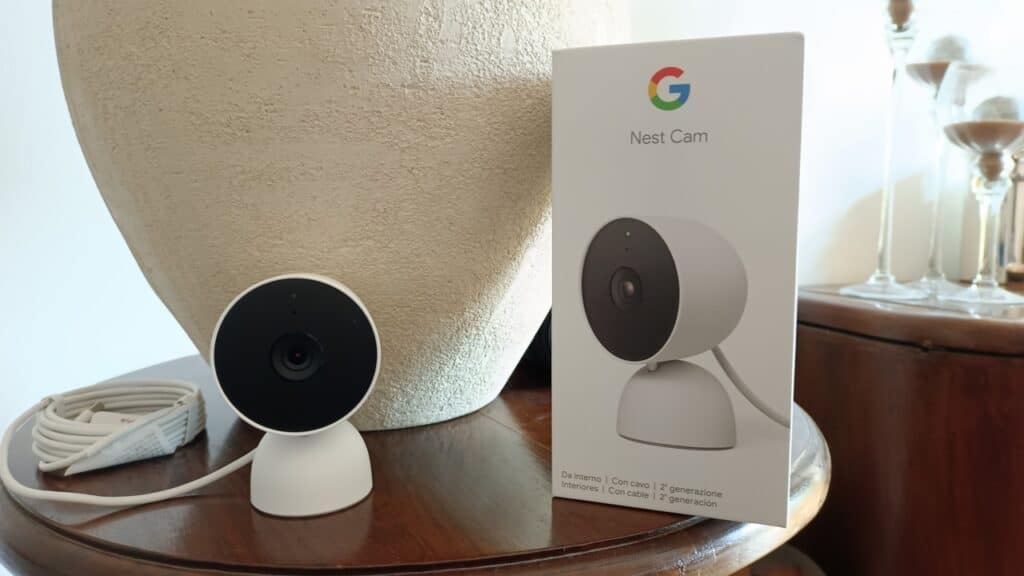Google e Amazon would have provided the American police with video from their security cameras and for the smart home, too without wait a mandate to oblige them to do so. The two producers specify that they did it only for “emergency” reasons. But many in the United States are wondering how a clear line can be drawn between privacy and surveillance.
Google and Amazon reportedly gave security camera videos to the police without a warrant
Arlo, Apple, Wyze and Anker, which, among other things, also produce video cameras for smart homes and security, confirmed to CNET that they do not voluntarily deliver videos to law enforcement agencies. They do this only when a judge issues a warrant that certifies that it is necessary for investigations to invade the privacy of citizens. Something we would all take for granted. But if they have specified it, there is a reason.
In early July, The Verge’s Sean Hollister brought him back for doorbell and webcam cameras Amazontoday CNET’s Ry Crist reports the same thing for products Nest from Google. Both companies provided the police with footage taken in users’ homes without a warrant ordering them.

Both companies explain that in “many cases” authorities file a warrant, subpoena or court order to request access to webcam feeds. But both in their own policies leave room for “emergency situations”where they can provide information without the police submitting a warrant.
Between the right to privacy and emergencies
All companies that sell webcams and security cameras, in order to then offer an online storage service for video, must grant the information to law enforcement when a judge requires it. They would break the law otherwise. But it seems that Google and Amazon are the only major manufacturers of similar products to do so without tooa legal obligation, in some emergency cases.
Amazon revealed in early July that it had done this 11 times later this year in the United States. Google, on the other hand, did not specify the number, although after the media turmoil it could do so soon.
However, the Mountain View company has explained the rationale behind these exceptions. “If we reasonably believe we can prevent death or serious bodily harm to someone, we could provide government agencies with information. For example in cases of bomb threats, school shootings, kidnappings, suicide prevention and missing persons cases. We are still considering these requests in light of applicable laws and our policies ”.
A spokesperson for the company then told CNET that in case they gave videos to the police, Google tries to contact users. But only after “the emergency has passed”. While the same question Amazon did not answer.
Google and Amazon, video to the police without a warrant: but is it legal?
Technically, a company has the ability to share with law enforcement or other government agencies this type of data in the event of an emergency. However, current federal regulations in the United States do not require companies to share data.

But as Arlo explains, the emergency situation should require a quicker response from the agencies, while calling for a warrant. “If a situation is urgent enough to require a no-warrant search of Arlo’s properties, then it is urgent enough for law enforcement or magistrates to request an immediate hearing with a judge to issue a mandate to present to us “.
Apple e Anker (which produces the cameras of the Eufy brand) explain that the crittografia end-to-end ensures that even they cannot access the video from the cameras in our homes. Ring intercoms can enable encryption, but it is not turned on by default. While it’s not possible for Google’s Nest cameras.
Balancing privacy and security is certainly not an issue that allows us to talk about absolutes: it is a complicated balancing act. But the protection of the mandate is needed precisely for a judge to evaluate which side to tip the scales. The choice of Google and Amazon will therefore undoubtedly be discussed. And perhaps the complaints of many in the US could change the policies of the two companies.















Leave a Reply
View Comments